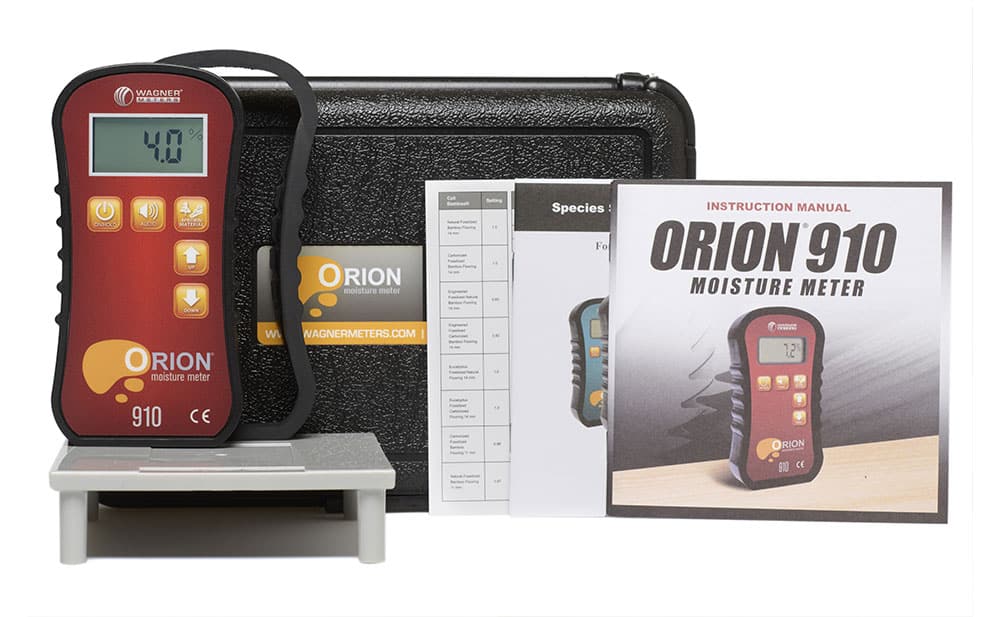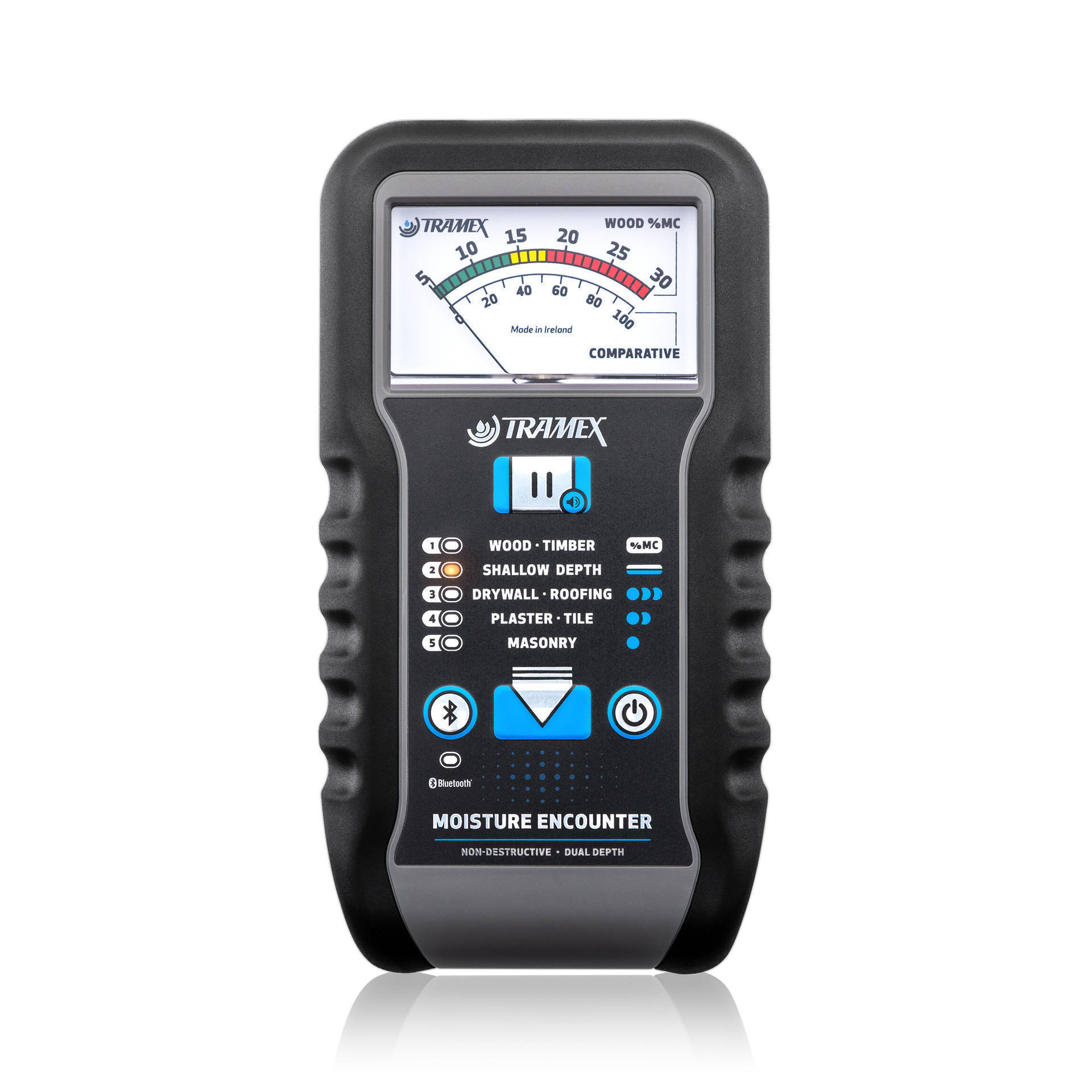The Science Behind Moisture Meters: Just How They Function and Why They're Essential
The Science Behind Moisture Meters: Just How They Function and Why They're Essential
Blog Article
The Ultimate Guide to Moisture Meters: A Comprehensive Overview and How They Can Conserve You Cash
In the world of structure upkeep, building, and different industries, the importance of properly gauging wetness levels can not be overstated. Wetness meters work as important tools in spotting and keeping track of moisture content in products, helping in preventing pricey problems and guaranteeing the quality of items. Understanding the subtleties of various kinds of dampness meters, their applications, and the prospective cost-saving advantages they use can be a game-changer for companies and professionals alike. Uncovering exactly how these devices can not just improve procedures however also add to financial cost savings is a journey worth starting.
Sorts Of Moisture Meters
Numerous kinds of wetness meters are available for various applications in different industries. One typical kind is the pin-type wetness meter, which gauges the electrical resistance in between 2 pins inserted right into a product. This type is ideal for timber, drywall, and various other building materials. Pinless dampness meters, on the other hand, use electro-magnetic sensor plates to scan a bigger location without causing damages to the product's surface. These meters are suitable for quickly evaluating dampness degrees in large areas such as floorings and wall surfaces.
In addition, there are also specialty moisture meters created for details products like soil, grain, or hay. These meters offer precise dampness analyses customized to the one-of-a-kind buildings of the product being tested. Infrared moisture meters measure the thermal homes of a material to identify its wetness web content non-invasively, making them valuable for applications where pin or pinless meters might not be ideal. Understanding the various sorts of moisture meters available can help industries choose the most suitable tool for their particular wetness measurement requirements.

Advantages of Utilizing Moisture Meters

In addition, making use of dampness meters can lead to boosted power effectiveness. In agricultural settings, moisture meters play an essential role in optimizing plant returns by allowing farmers to check dirt dampness levels and make informed watering choices.
Exactly How to Select the Right Moisture Meter
Selecting the appropriate dampness meter includes thinking about key variables such as product compatibility, measurement array, and calibration precision. When selecting a moisture meter, it's necessary to make sure that the meter appropriates for the specific product you will be screening. Different materials have differing electrical residential properties that can affect dampness readings, so picking a meter created for your material is critical for precise outcomes. Furthermore, consider the dimension range of the wetness meter. Ensure that the meter can identify wetness degrees within the variety needed for your applications. Calibration accuracy is an additional important factor to bear in mind (Moisture Meter). Go with a moisture meter with reliable calibration to make sure precise and constant analyses. Some meters might require routine calibration adjustments, so comprehending the calibration procedure is very important. By very carefully evaluating these elements, you can select a dampness meter that meets your requirements and gives accurate moisture measurements for your tasks.
Correct Techniques for Moisture Meter Usage
To make sure exact moisture readings and make best use of the effectiveness of a moisture meter, utilizing correct strategies is vital. When utilizing a pin-type dampness meter, put the pins or probes right into the material being tested until they make full get in touch with. Make sure the pins are vertical to the surface area to obtain one of the most specific analysis. For pinless dampness meters, hold the tool level versus the product and check it out relocate slowly to cover the entire location for an average reading. It's essential to calibrate the moisture meter according to the material being tested to boost accuracy. Take multiple readings throughout the surface area and ordinary them out for an extra trusted outcome. In addition, make certain that the product being checked is accommodated to the setting to protect against manipulated readings. Regular maintenance of the dampness meter, such as cleansing the pins or sensing unit, is likewise important to ensure consistent and exact readings. By following these proper strategies, customers can rely upon their wetness meter to give reliable wetness levels, aiding in avoiding expensive damage or guaranteeing top quality in numerous applications.

Expense Cost Savings Through Moisture Meter Applications
How can the calculated application of moisture meters lead to significant expense financial savings throughout numerous industries? In the agriculture industry, wetness meters help in establishing the optimum time for click here to find out more harvesting crops, avoiding over-drying or excess wetness that can affect the last item's top quality.

Moreover, in the food handling market, wetness meters are necessary for monitoring product quality and ensuring compliance with safety policies. By accurately measuring moisture content in foodstuff, manufacturers can prevent spoilage, maintain freshness, and lower waste, causing substantial price Web Site financial savings. Generally, the calculated application of wetness meters is an important investment that can lead to significant price decreases and enhanced efficiency throughout numerous markets.
Conclusion
Finally, moisture meters are valuable devices for measuring and detecting dampness degrees in different materials. By making use of the ideal wetness meter and following proper strategies, individuals can efficiently prevent pricey problems brought on by excess dampness. Buying a high quality moisture meter can lead to substantial price savings in the future by recognizing prospective concerns beforehand and allowing punctual remediation. Eventually, moisture meters are necessary instruments for keeping the integrity and durability of products and structures.
Dampness meters offer as important devices in detecting and keeping an eye on moisture web content in materials, aiding in stopping pricey problems and ensuring the quality of products. Infrared wetness meters gauge the thermal residential properties of a product to establish its moisture content non-invasively, making them helpful for applications where pin or pinless meters may not be appropriate.Dampness meters use invaluable advantages in precisely keeping an eye on and evaluating dampness levels in diverse materials and environments. In agricultural settings, wetness meters play a crucial duty in maximizing crop returns by making it possible for farmers to keep track of soil wetness degrees and make informed irrigation choices.In verdict, dampness meters are beneficial tools for measuring and detecting dampness degrees in different materials.
Report this page